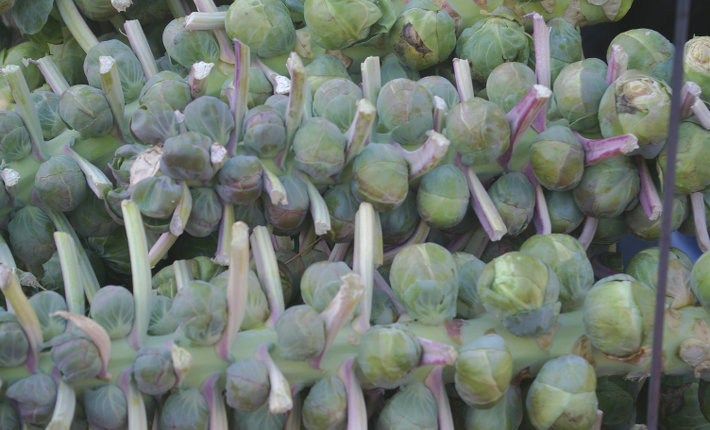Eco-friendly eats
Julia Soldic, our guest writer about the Scandinavian cuisine, writes about one of her passions: the sustainable food movement.
95% of the world’s ecological food products are being consumed in Europe and North America, leaving us the most conscious eaters in the world . In ten years, the turnover of organic food consumption has tripled worldwide, according to a report conducted by the International Federation of Organic Agriculture Movements. Switzerland is the most eco-friendly country in Europe, closely followed by the gastro country of Scandinavia: Denmark. Sweden and Germany are the runners- up whilst The Netherlands, Belgium and Norway are on a shared seventh place. Consuming eco-friendly goods, in the above countries, is not yet available for the price-sensitive working class, yet perceived as a more luxurious eating habit. What can we do to change this?
Low budget eco-friendly products
In April the Executive Vice-President of the renowned American multinational corporation Walmart revealed the news that a new low budget product line with eco-friendly food will be launched: “We know our customers are interested in purchasing organic products and, traditionally, those customers have had to pay more… We are changing that and creating a new price position for organic groceries that increases access.”
In Scandinavia, larger retail corporations have entered into lifelong supply agreements with ecological farmers supplying Danish supermarkets with sustainable food options – also on their lower shelves. A brave and forward-thinking push!
The Sustainable Restaurant Award 2014
Serving ecological food is simply a result to the known equation: supply is altered after the demand. People want Eco-Friendly Eats, both portrayed in the ingredients on the menu, yet also the restaurant owners shown effort into taking care of the planet. The Sustainable Restaurant Association, in partnership with the World’s 50 Best Restaurants, awarded the Basque restaurant “Azurmendi” the Sustainable Restaurant Award of 2014. Why? Because they care about our planet and still manage to retain Three Michelin Stars. Chef Eneko Atxa leads by example for other restaurateurs by implementing solar panels, showing a massive effort into recycling, portraying free ranged menu items, serving sustainable fish- and a large variety of self-grown organic vegetables. Chef Eneko Atxa; “We have a respect for our greatest supplier: THE EARTH, OUR EARTH.” One can say that chefs like Chef Eneko Atxa, is the sustainable restaurant industry`s reply to a glorified soul like the Catholic Church`s Saint Mother Teresa.
What does this trend mean for the restaurant industry?
Ecological food is still perceived as expensive, gourmet and food for idealists. It is not until we change this idea of ecological food, and make it food for the masses, that we will see the real change in consumer behaviour. In the second largest city of Sweden, Gothenburg, the city’s foodies have taken the matter of running eco-friendly eats to another level, introducing sustainable food panels lecturing startups on how to run a successful, sustainable and organic food operation. “Sustainability isn’t just a moral issue for restaurateurs – it’s fast becoming the hottest trend among hungry consumers”, says restaurateur, author and course initiator, Jens Dolk.
Change is difficult, but by being early adopters and support the rise of ecological agriculture, we will gradually change the idealist into you and me.
Bron: Sarah Hambro. (2014). Økoindustri. Dagens Næringsliv
Website: Julia Soldic - Linkedin
















